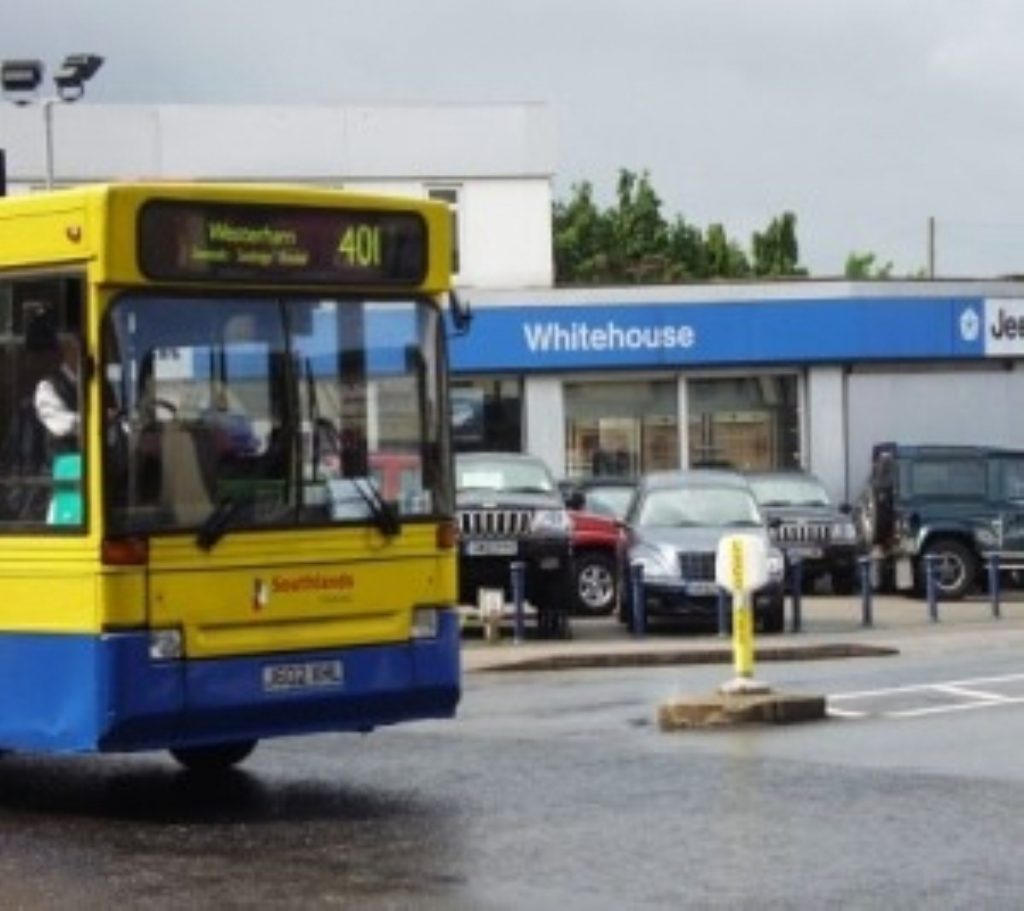Travellers ‘afraid’ to use public transport
The Government won’t succeed in getting people to abandon their cars until public transport becomes safer. That is the message from crime reduction charity Nacro.
In a report out today, the organisation reveals that £250m is lost each year because of incidents of vandalism and trespassing, hampering attempts to improve services.
And the cost isn’t just financial with the disruptions caused by such offences leading to 700,000 delay minutes per year – further alienating the travelling public.
Of course, the problem is greatest for those who have no choice but to use public transport, and in failing to deal with transport crime Nacro claims the Government is “effectively guilty of discriminating against people unable to afford or drive their own private form of transport”.


A third of British households do not own a car, and in deprived wards – where the risk of being a victim of crime is greatest – that figure rises to around 50% of households.
Nacro’s Head of crime reduction, Helen Easton, commented: “As many as 13 million of us have to rely on trains and buses to get to work and access key local services. But it is vitally important that public transport is not ghettoised. It is the key to easing the current gridlock in our towns and cities.”
“Having an effective crime prevention strategy is essential in ensuring that services are safe, reliable and can provide a viable alternative to making journeys by car.”
But leading bus operator Stagecoach has claimed that worries about being a victim of crime or witnessing anti-social behaviour while using public transport are disproportionate to the actual risk.
Spokesperson Mark Threapleton noted: ‘Compared with the total amount of journeys our passengers make, a very small amount of them actually experience violence on buses, but a far bigger problem is the perception of violence, and anti-social behaviour.”
Nacro claims that crime costs Stagecoach £500,000 a year in its Manchester division alone.
The charity has pointed out, however, that the company’s attempts to engage with young people as part of its anti-vandalism strategy is an excellent example of how private operators can help local authorities and the police to reduce crime on public transport.











